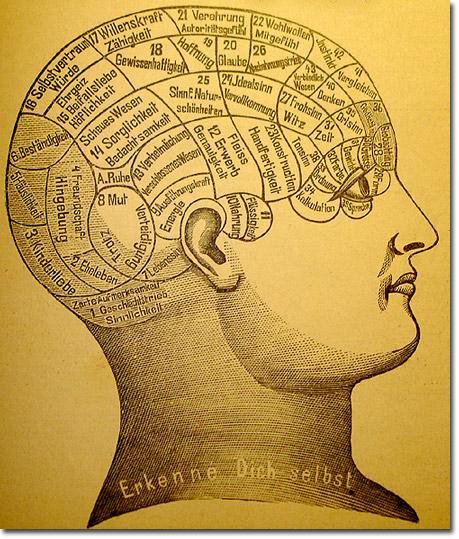How does the human mind handle conflicts of interest?
.
Easily. It ignores them.
“Suppose you are a casual investor and you find out that IBM is getting consulting services from its auditor,” says Loewenstein. “Or suppose your doctor recommends an X-ray and then says he has an interest in the X-ray facility. In neither of those cases would you have a clue what to do. Would you not go get the X-ray? Is IBM worth half as much? Ten percent less? Five percent less?”
Usually, he says, people don’t know what to do with the information.
“So what they do is ignore it.”
That’s why disclosing a bias doesn’t cancel its effects. The best way to do that, says Loewenstein, is to eliminate the bias in the first place. In any event, the bottom line of Loewenstein’s experiments was unchanged: when the conflict of interest was disclosed, the advisers made more money—and their customers made less.
Join 25K+ readers. Get a free weekly update via email here.
Related posts:
Do we have a cognitive bias about how susceptible we are to cognitive bias?
Would you notice an invisible gorilla?
Would your life be dramatically improved if you were utterly deluded?





